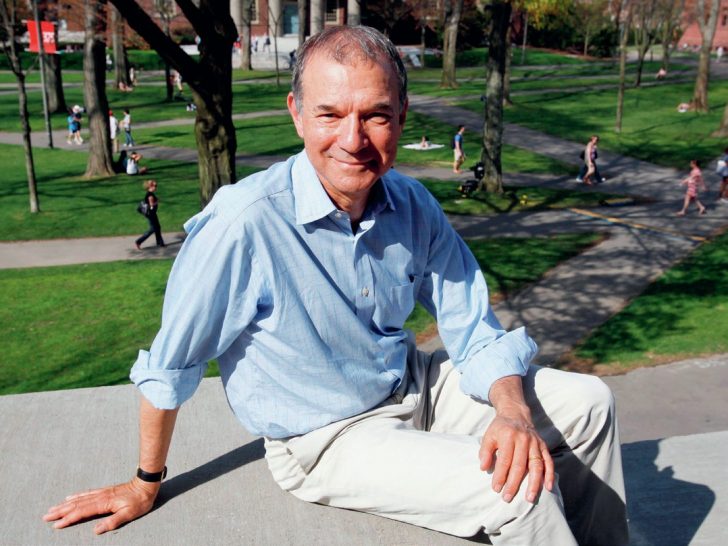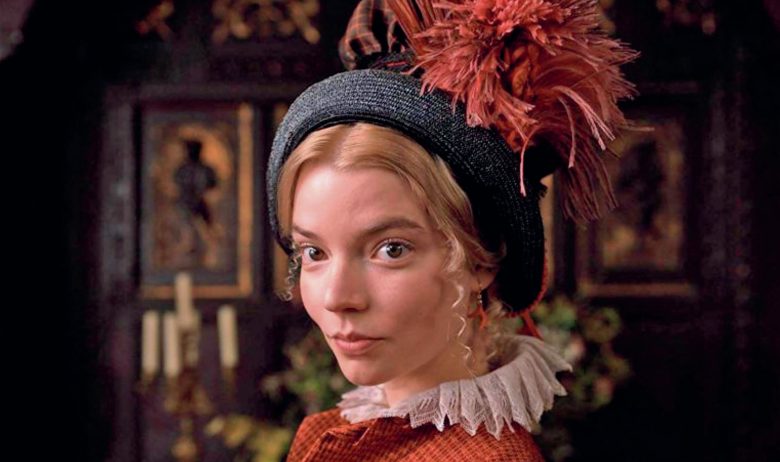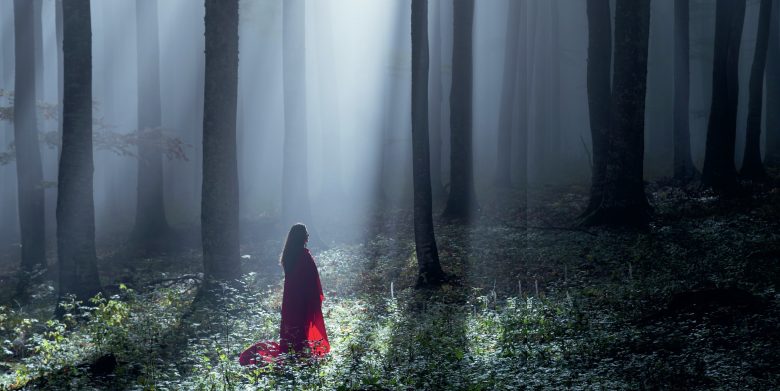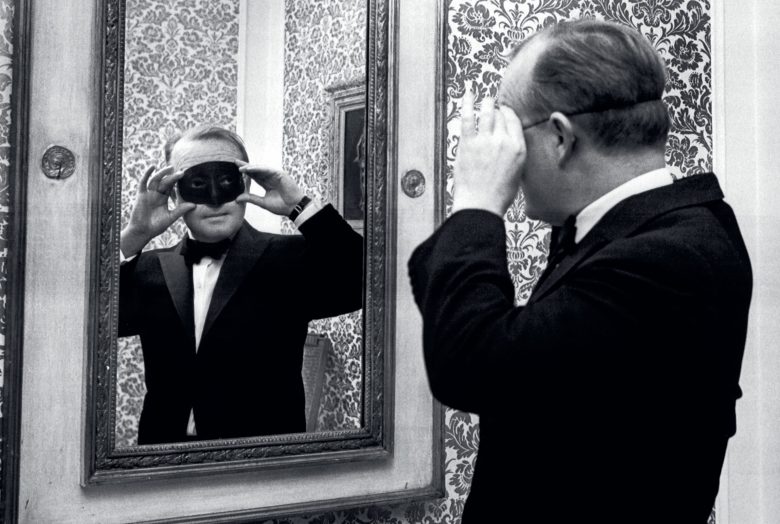
Alfred Lord Tennyson, Poet Laureate to Queen Victoria for 42 years, died in 1892. Worthy literary men were suggested as his successor, but none was an obvious choice. Charles Dodgson (Lewis Carroll) laid down a challenge: ‘For once, Madam, take a lady,’ adding ruefully, ‘But they never consult the right people.’ The ‘lady’ Dodgson had in mind was Christina Rossetti (1830–94).
Restricted by gender and circumstances and dismissed as ‘quaint, spiritual and gently emotional’ (Literary News, 1882), in her lifetime Christina Rossetti never fully emerged from the shadow of her famous brother, the poet and artist Dante Gabriel Rossetti (1828–82). Seeming to desire the protection of a conventional life, she appeared ‘content to take the lowest place’ as dutiful daughter and sister, allowing Gabriel to ‘manage’ her work and its publication. In many ways this suited her since she dreaded what she called ‘display’. But despite her inclination towards religious obsession and nervous debility — an affliction that affected many Victorian middle-class women — resignation to a life of anonymity and obscurity was not in her nature. ‘Not to be first: how hard to learn / That lifelong lesson’ she writes in ‘The Lowest Room’ (1856). As a result, beneath the sentiments of compliance in her poetry there is often an undertow of resistance, suppressed passion and desperate longings.
Your organisation does not have access to this article.
Sign up today to give your students the edge they need to achieve their best grades with subject expertise
Subscribe




